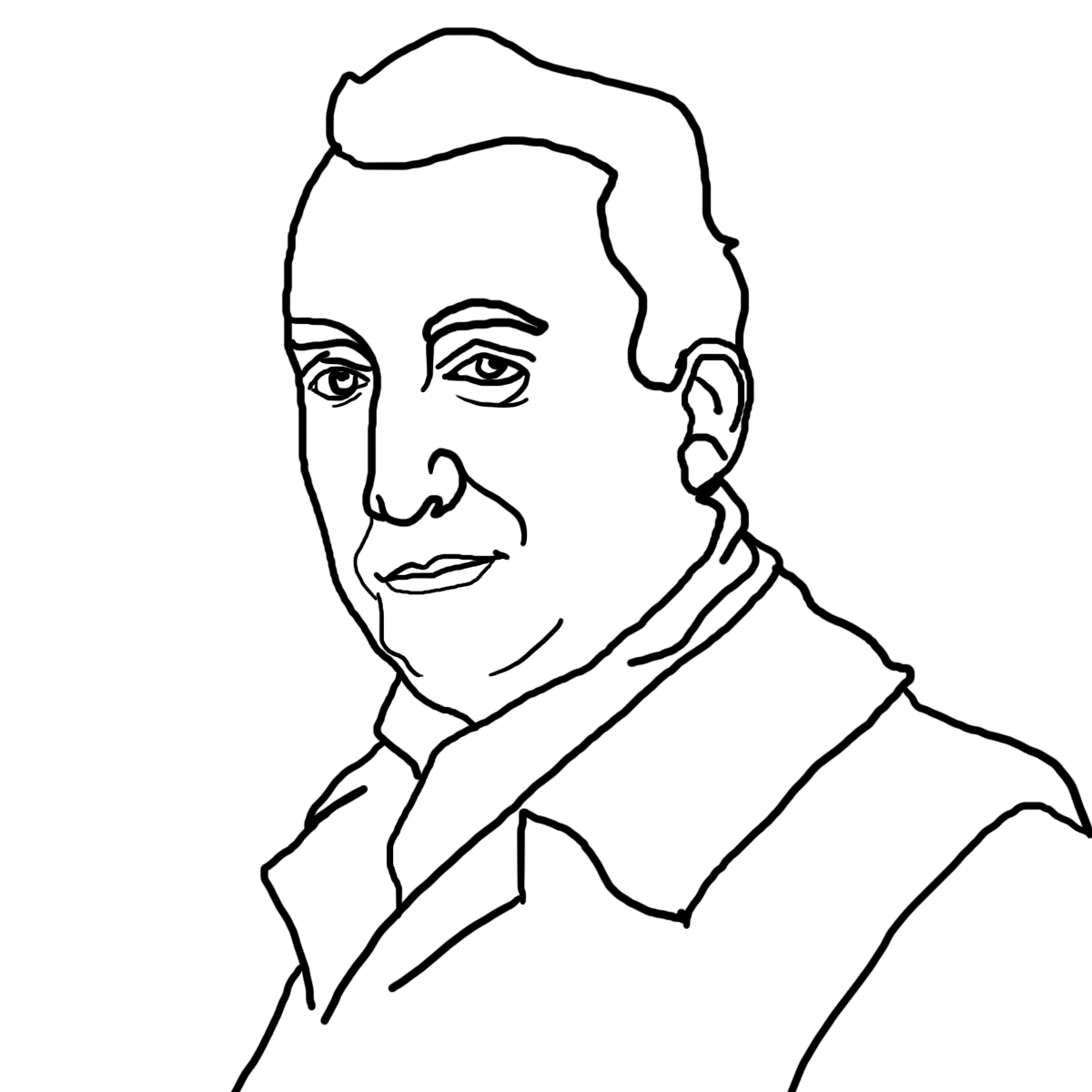Ce que la Photographie reproduit à l'infini n'a eu lieu qu'une fois : elle répète mécaniquement ce qui ne pourra jamais plus se répéter existentiellement.
La chambre claire - Página 15, Roland Barthes - Éditions de l'Étoile, 1980 - 192 páginas
Roland Barthes Frases famosas
La science est grossière, la vie est subtile, et c'est pour corriger cette distance que la littérature nous importe
Leçon - Página 18, Roland Barthes - Seuil, 1978, ISBN 202005003X, 9782020050036 - 45 páginas
As a jealous man, I suffer four times over: because I am jealous, because I blame myself for being so, because I fear that my jealousy will wound the other, because I allow myself to be subject to a banality: I suffer from being excluded, from being aggressive, from being crazy, and from being common
A lover's discourse: fragments - Página 146, Roland Barthes - Penguin, 1990 - 234 páginas
La photo-portrait est un champ clos de forces. Quatre imaginaires s’y croisent, s’y affrontent, s’y déforment. Devant l’objectif, je suis à la fois celui que je me crois, celui que je voudrais qu’on me croie, celui que le photographe me croit et celui dont il se sert pour exhiber son ar
La chambre claire - Página 29, Roland Barthes - Éditions de l'Étoile, 1980 - 192 páginas
Citações de amor de Roland Barthes
“AFIRMAÇÃO. Ao contrário de tudo e contra tudo, o sujeito afirma o amor como valor.”
Fragmentos de um discurso amoroso
Roland Barthes frases e citações
Michelet
“A linguagem é como uma pele: com ela eu contacto com os outros.”
Variante: A linguagem é como uma pele: com ela eu entre em contato com os outros.
Fragmentos de um discurso amoroso
Roland Barthes: Frases em inglês
“What love lays bare in me is energy.”
Fonte: A Lover's Discourse: Fragments
Proposition 4
From Work to Text (1971)
Contexto: The Text is plural. Which is not simply to say that it has several meanings, but that it accomplishes the very plural of meaning: an irreducible (and not merely an acceptable) plural. The Text is not a co-existence of meanings but a passage, an overcrossing; thus it answers not to an interpretation, even a liberal one, but to an explosion, a dissemination.
“A work has two levels of meaning: literal and concealed.”
Proposition 3
Variant translation: The Text can be approached, experienced, in reaction to the sign. The work closes on a signified. There are two modes of signification which can be attributed to this signified: either it is claimed to be evident and the work is then the object of a literal science, of philology, or else it is considered to be secret, ultimate, something to be sought out, and the work then falls under the scope of a hermeneutics, of an interpretation
From Work to Text (1971)
Contexto: A work has two levels of meaning: literal and concealed.
A Text, on the other hand is engaged in a movement … a deferral … a dilation of meaning … the play of signification.
Metonymy — the association of part to whole — characterized the logic of the Text.
In this sense the Text is "radically symbolic" and lacks closure.
“I am interested in language because it wounds or seduces me.”
Fonte: The Pleasure of the Text
“The theory of the Text can coincide only with a practice of writing.”
Conclusion
From Work to Text (1971)
Contexto: The discourse on the Text should itself be nothing other than text, research, textual activity, since the Text is that social space which leaves no language safe, outside, nor any subject of the enunciation in position as judge, master, analyst, confessor, decoder. The theory of the Text can coincide only with a practice of writing.
Fonte: Camera Lucida: Reflections on Photography
La forme bâtarde de la culture de masse est la répétition honteuse: on répète les contenus, les schèmes idéologiques, le gommage des contradictions, mais on varie les formes superficielles: toujours des livres, des émissions, des films nouveaux, des faits divers, mais toujours le même sens.
"Modern," in The Pleasure of the Text (1975)
“The lover's fatal identity is precisely this: I am the one who waits.”
Fonte: A Lover's Discourse: Fragments
Fonte: Camera Lucida: Reflections on Photography
“…the book creates meaning, the meaning creates life.”
Fonte: The Pleasure of the Text
“We know that the war against intelligence is always waged in the name of common sense.”
Fonte: Mythologies
“I make the other’s absence responsible for my worldliness.”
Fonte: A Lover's Discourse: Fragments
“To make someone wait: the constant prerogative of all power, "age-old pastime of humanity".”
Fonte: A Lover's Discourse: Fragments
“The incapacity to name is a good symptom of disturbance.”
Fonte: Camera Lucida: Reflections on Photography
